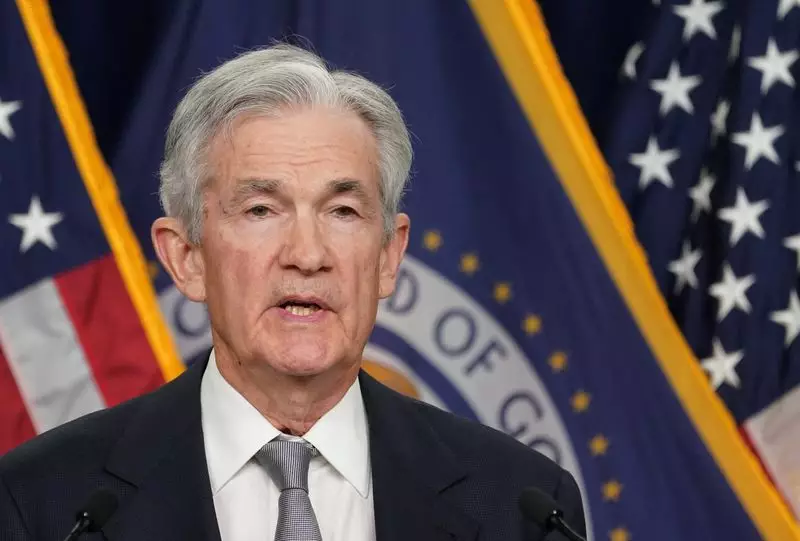In a recent interview, President-elect Donald Trump unequivocally stated that he intends to keep Jerome Powell as the Federal Reserve Chair, dispelling rumors about possible replacements. During an interview on NBC’s “Meet the Press,” Trump’s response to whether he would proceed with a premature removal of Powell was clear: “I don’t,” indicating a commitment to maintaining Powell in his current role. This assertion not only highlights Trump’s stance but also sets the stage for an intricate dynamic between the two figures, especially given their historical interactions.
Trump’s interactions with Powell have fluctuated in tone over the years, characterized by both collaboration and contention. In the 2018 interview with NBC’s Kristen Welker, the nuances of this relationship came to the forefront. When pressed on Powell’s previous statements regarding his intention to stay in his position irrespective of presidential directives, Trump exhibited a blend of credibility and speculation, asserting, “I think if I told him to, he would.” This statement implies a complex layer to their relationship, suggesting that while Trump feels he holds authority, Powell’s steadfastness as an independent leader may clash with Trump’s expectations.
Jerome Powell, a Republican who transitioned from private equity to the leadership of the Federal Reserve, was initially appointed by Trump in February 2018. This appointment came at a critical juncture in America’s economic landscape, where interest rate decisions were pivotal. During Trump’s presidency, the two negotiated a fraught path regarding monetary policy, with Trump often expressing dissatisfaction over Powell’s cautious approach to interest rate adjustments. These conflicts raised questions about the autonomy of the Federal Reserve, a crucial institution designed to operate independently of political pressures.
Amidst the political drama, Powell has consistently emphasized that his position within the Federal Reserve cannot be easily dismantled. In January 2022, President Joe Biden reappointed Powell, affirming his role amidst Trump’s criticism. Powell firmly stated that “Not permitted under the law” regarding presidential powers to dismiss him underscored the legal protections that shield Fed chairs from arbitrary removal. This legal framework establishes the independence essential to the Federal Reserve’s functioning, alleviating concerns Trump may have about overriding policymaking processes through presidential authority.
As Trump prepares to assume the presidency, the relationships he fosters with key figures like Powell will undoubtedly influence future economic policies and decisions. The attention surrounding their interactions in the coming months will be significant, particularly regarding monetary policy and its implications for the larger economy. The dialogue around Powell’s position may soon transition from speculation to concrete policies, which could redefine economic strategies under Trump’s administration. Observers and analysts alike will keenly watch for signals that may emerge from the evolving relationship between these two influential figures.

